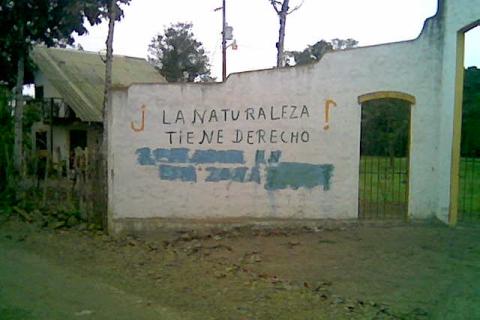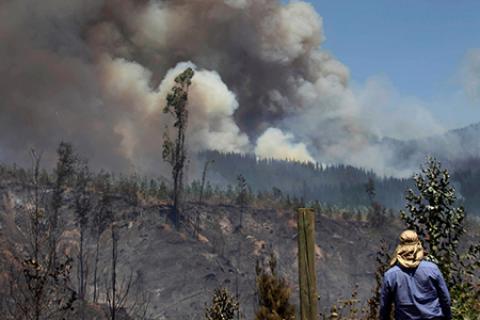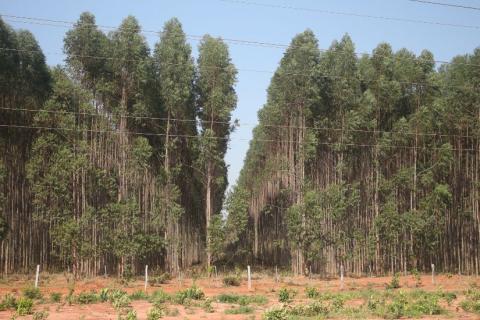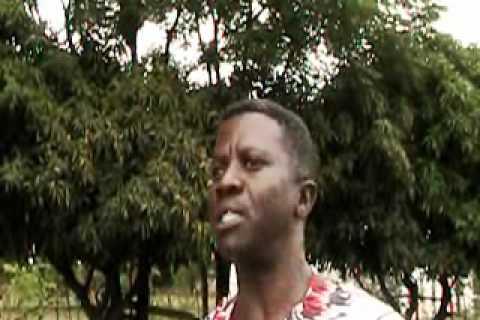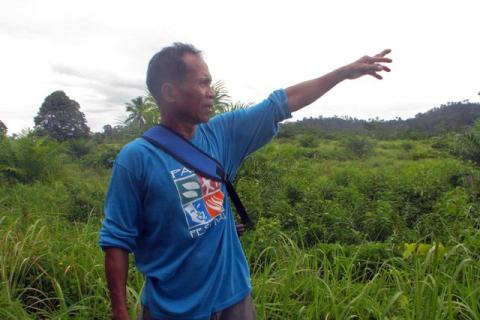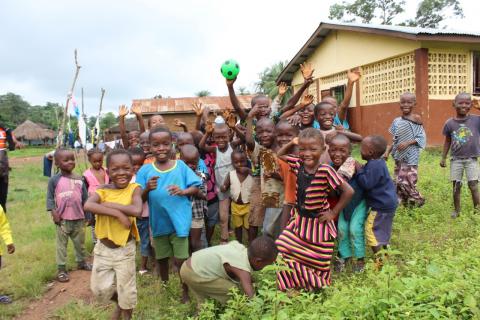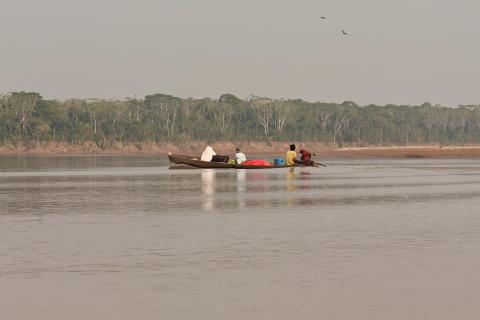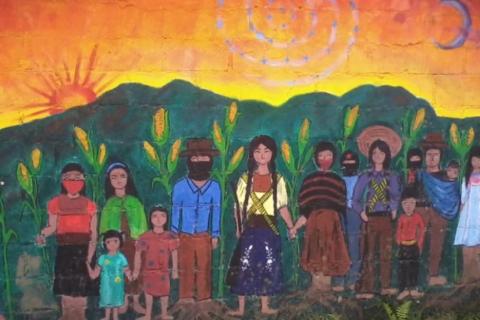Defenders of the idea of trade in environmental services claim that it is an excellent alternative for forest peoples, because it would leave the forest “standing” and ensure its conservation. But there are a series of reasons for saying no to environmental services and trade in environmental services:
Bulletin articles
Speculative capital and the stakeholders involved, such as banks, consultants, big companies and investment funds, along with allies like NGOs and often our own governments, are attempting to use trade in environmental services to take control of peoples’ lands in order to “sell” these services and make profits. This makes the struggle for the rights of peoples who depend on forests more complex and difficult.
How can this struggle be continued? Here are some possible steps to be taken:
As expected, the climate conference in Durban has not taken any significant decision in terms of combating the climate crisis. Maybe in 2020 a new binding agreement will be signed. 2020? According to the network of organizations and movements called Climate Justice Now, this constitutes a “crime against humanity”. It seems as if those governments who are the most responsible for the climate crisis have given up any consideration for the people who have become victims of the crisis, those who are affected or seriously threatened by climate change, especially poor women.
The new year got off to a fiery start in Chile, as seen in the national and international news reports of the devastating forest fires raging across various regions of the country. These include the regions of Araucanía and Bío Bío, in central-southern Chile, where there are more than three million hectares of industrial plantations of exotic tree species. Over two million hectares of these plantations – primarily made up of pine and eucalyptus trees – are owned by the companies Arauco and Mininco, and have also been hit by the wildfires.
The year 2011 was declared the International Year of Forests by the United Nations. Major international events such as the climate conference in South Africa and the upcoming Rio+20 summit in Brazil and biodiversity conference in India have also contributed to making forests a key issue on the global agenda, as well as the subject of high-profile public relations campaigns.
In the reports about the effects of industrial tree plantations of eucalyptus, pine or oil palm on peoples' lives, negative impacts such as conflicts over land tenure, depletion of water resources, lack of work opportunities and destruction of local economies are most frequently mentioned. Specific impacts on fundamental aspects of people's culture are usually mentioned less or not at all, although the consequences can be tremendous when the culture of a people is strongly linked to their identity, self-esteem, well-being and ultimately to their survival.
Palawan, located between the Sulu and South China seas, is one of the most beautiful islands of the Philippine archipelago. The island is 450 kilometers long and 40 kilometers at its widest portion. Along its gorgeous beaches - framed by mangroves and by the last remaining lowland evergreen forest - coral reefs are home to unique marine biodiversity.
During 11 years - from 1991 to 2002 - a harsh civil war fueled by the inequitable distribution of power and resources decimated the population of Sierra Leone. The country now faces a state of food insecurity and has become a net food importer attributed not only to the war but also to World Bank and IMF recipes. With the aim of fostering a market-based economy, those institutions imposed policies that curtailed state agricultural programs and investments in agriculture.
On December 7 and 8, 2011, a meeting was held in the Amazonian city of Cobija, Bolivia, to assess the status of the rights of indigenous peoples living in isolation or in situations of extreme vulnerability in the Amazon and Gran Chaco regions, and to establish an action plan for the defence of their rights.
To commemorate the 15th anniversary of the Instituto de Estudios Ecologistas del Tercer Mundo (Third World Institute for Ecological Studies) and to pay tribute to Ricardo Carrere (who was the WRM coordinator up until December 2010), the Ricardo Carrere Conference on Ecological Thinking was held in Quito, Ecuador. (*).
The United Nations (UN) declared this year, 2011, the International Year of Forests. Now that 2011 is coming to an end, it would be interesting to take a look back for a brief overview.
For WRM the women's struggle is a struggle for freedom and social justice. It is essentially a demand for changes in the social structures that have placed women in an unequal and subordinate position. Thus, the fight for gender justice becomes a social struggle against the dominant capitalist and patriarchal system that treats women and nature in a similar way exerting violence against women's bodies and lives to control them, and against communal goods such as water, land, sovereignty and even culture in its insatiable quest for profit and appropriation.

